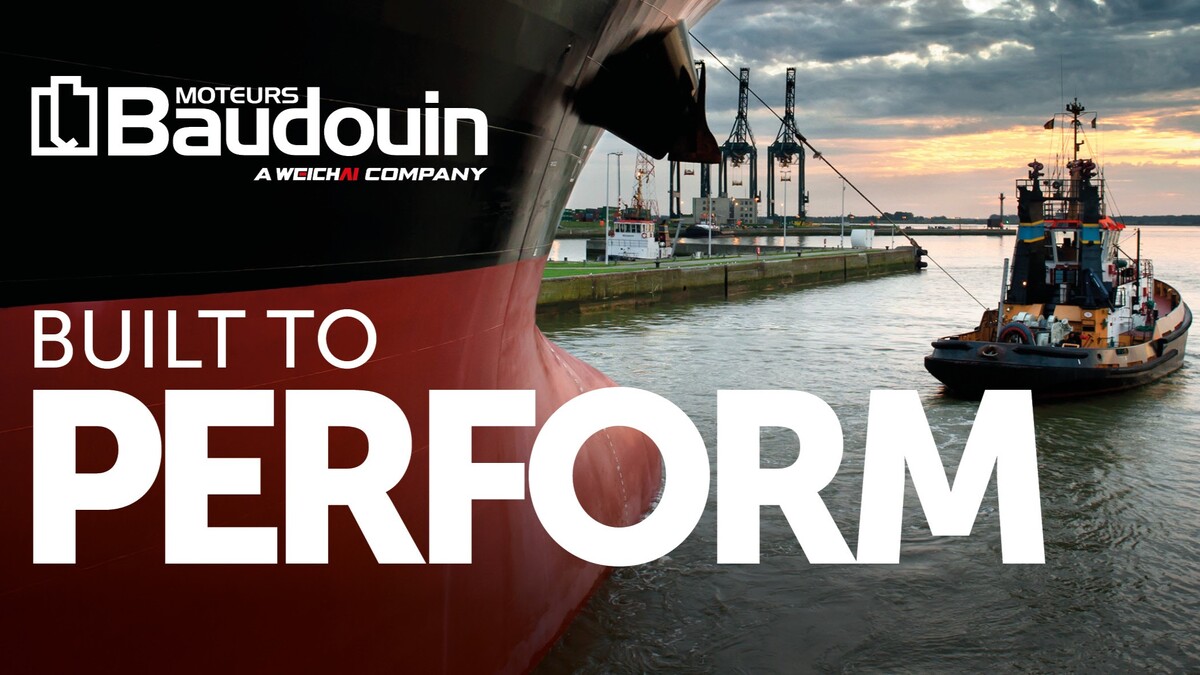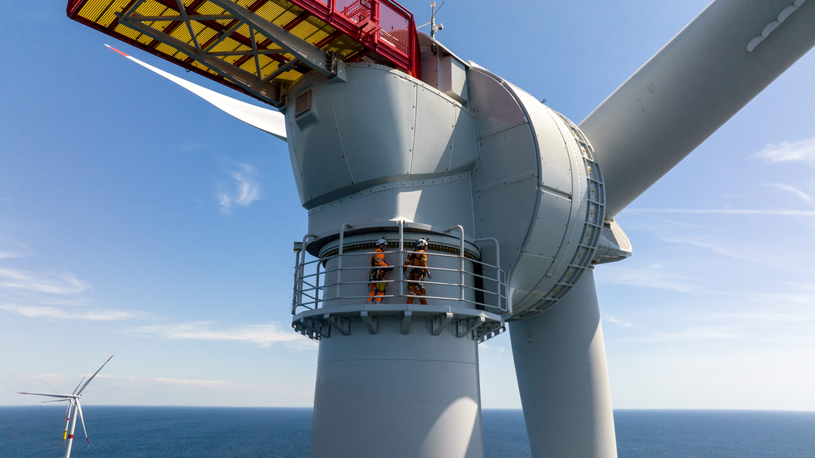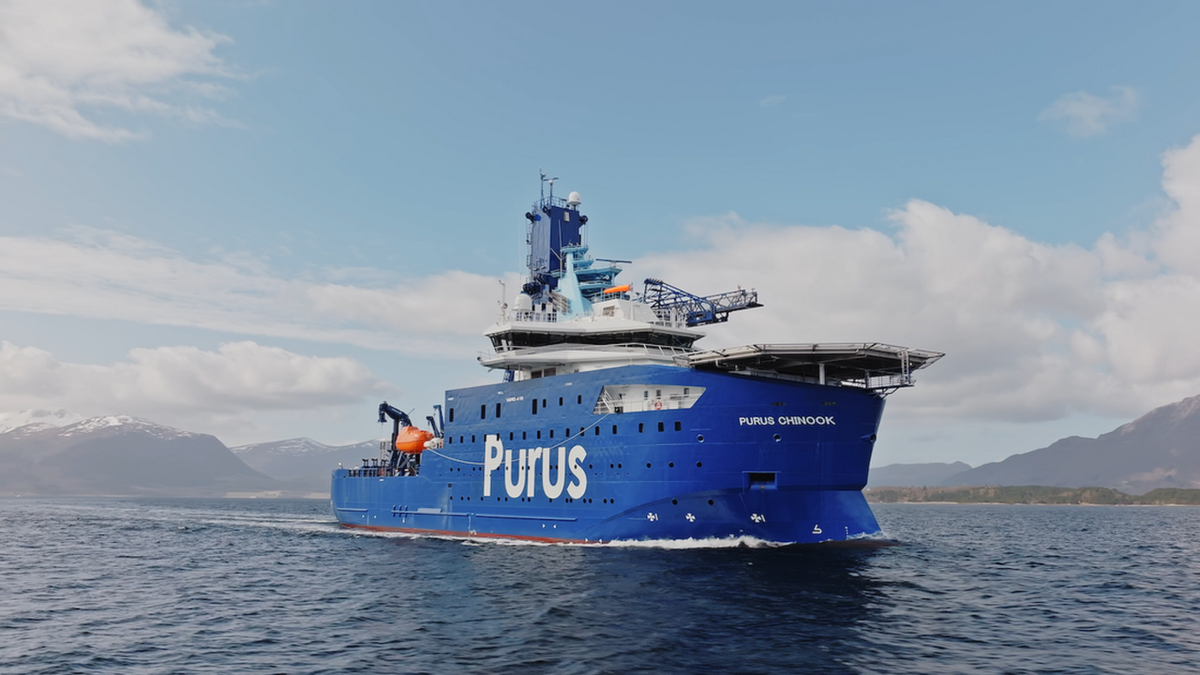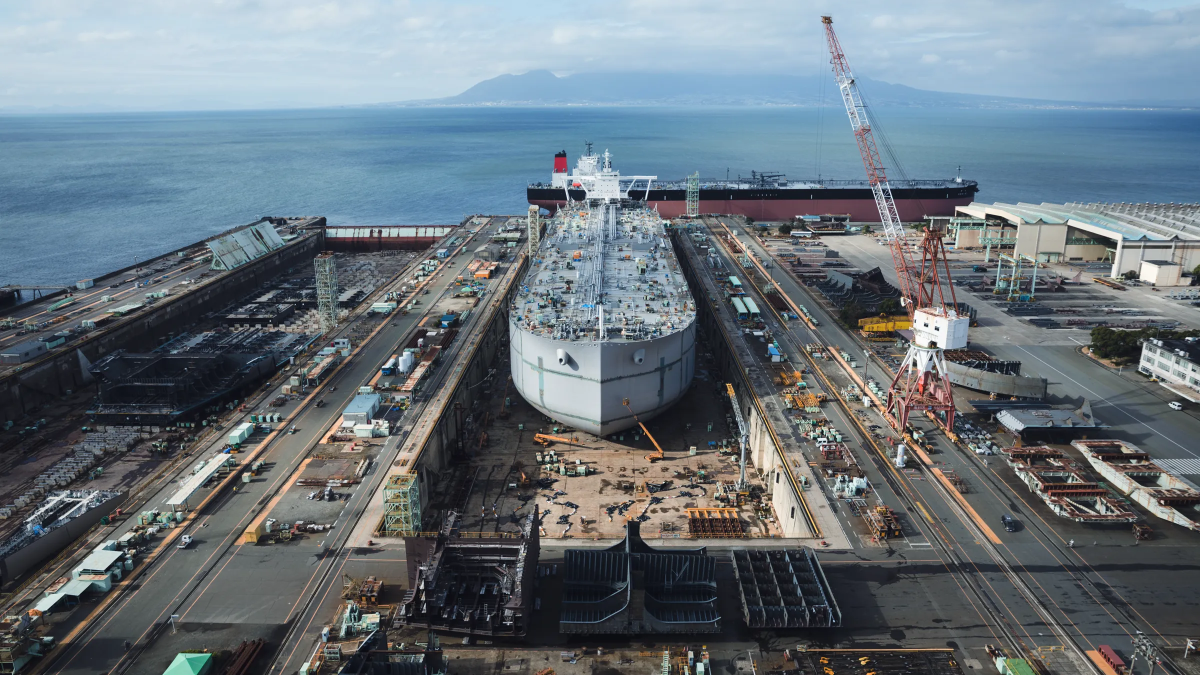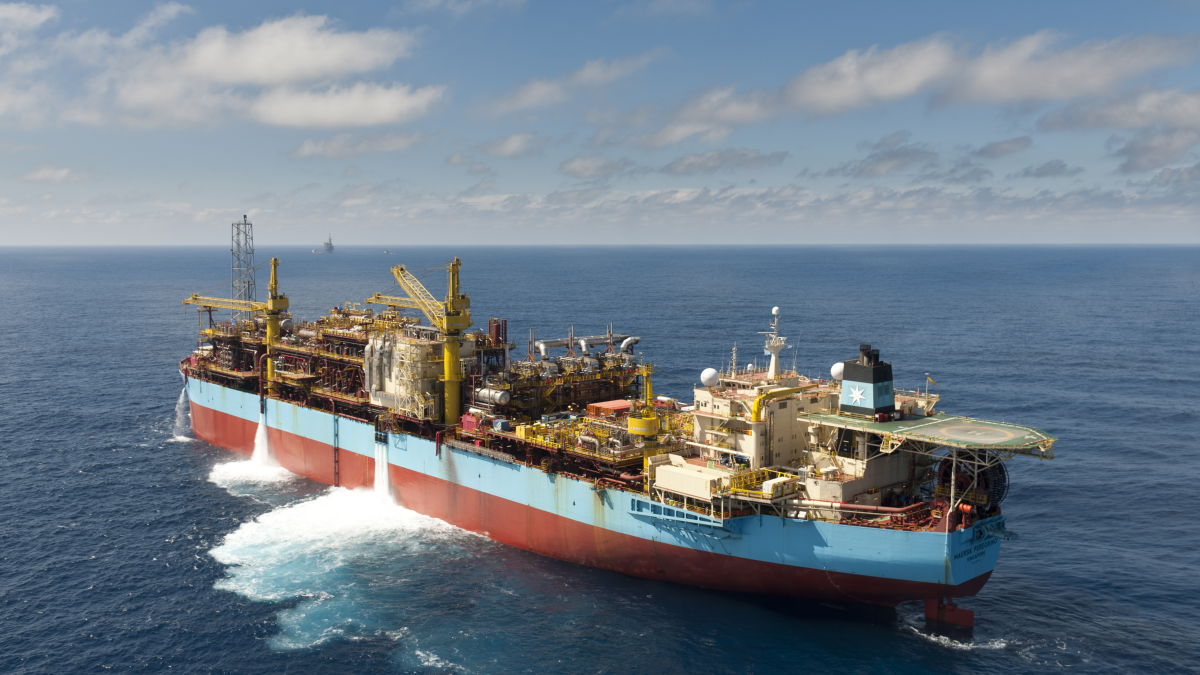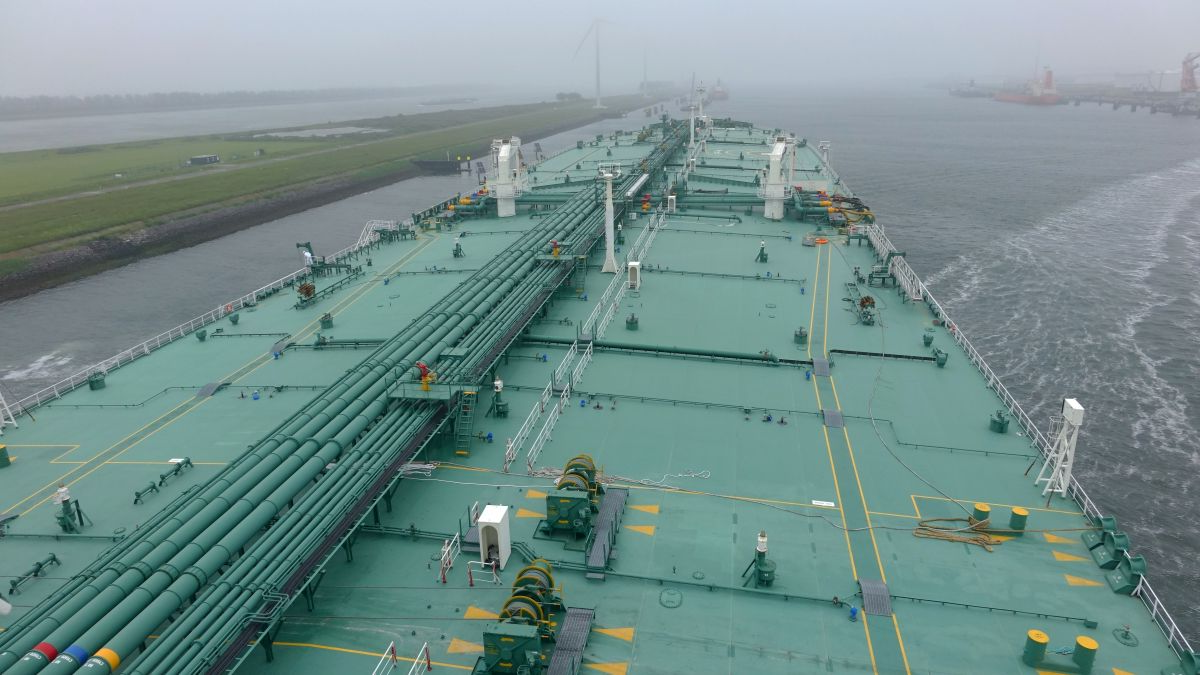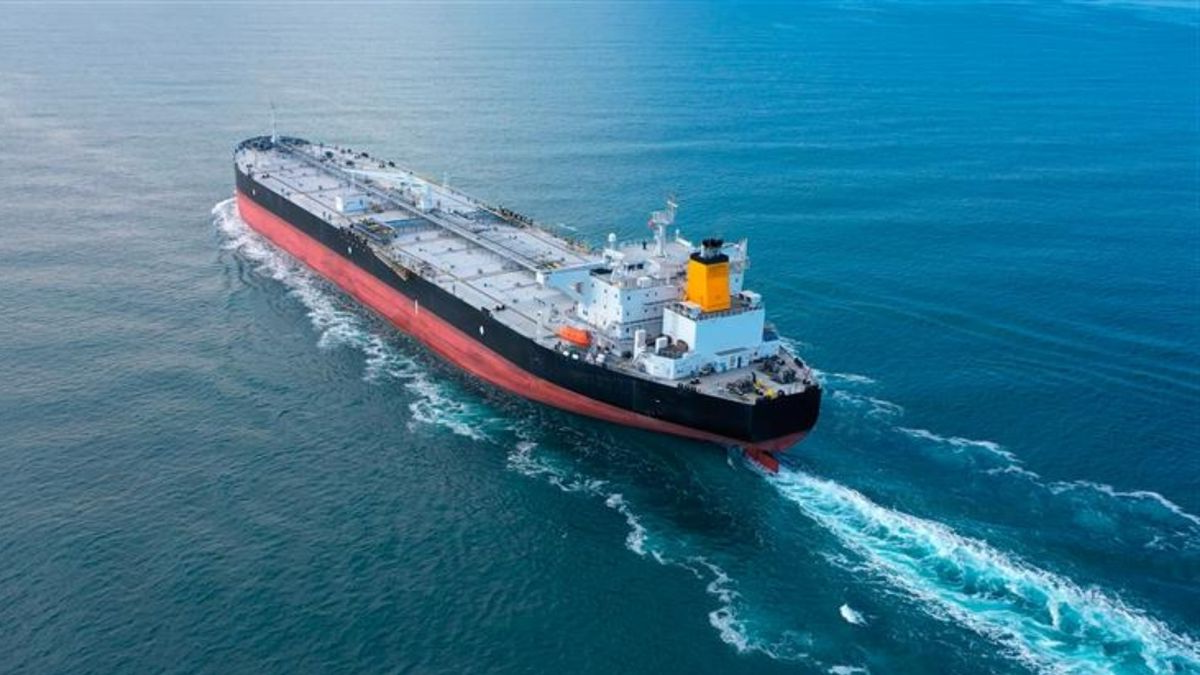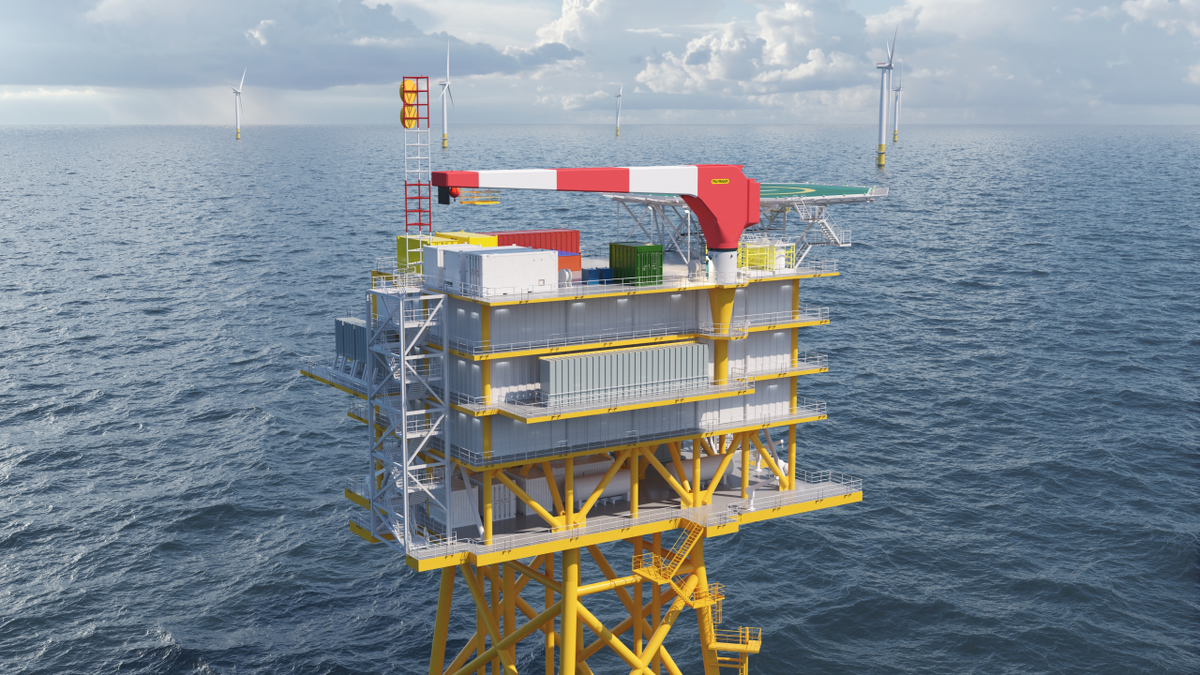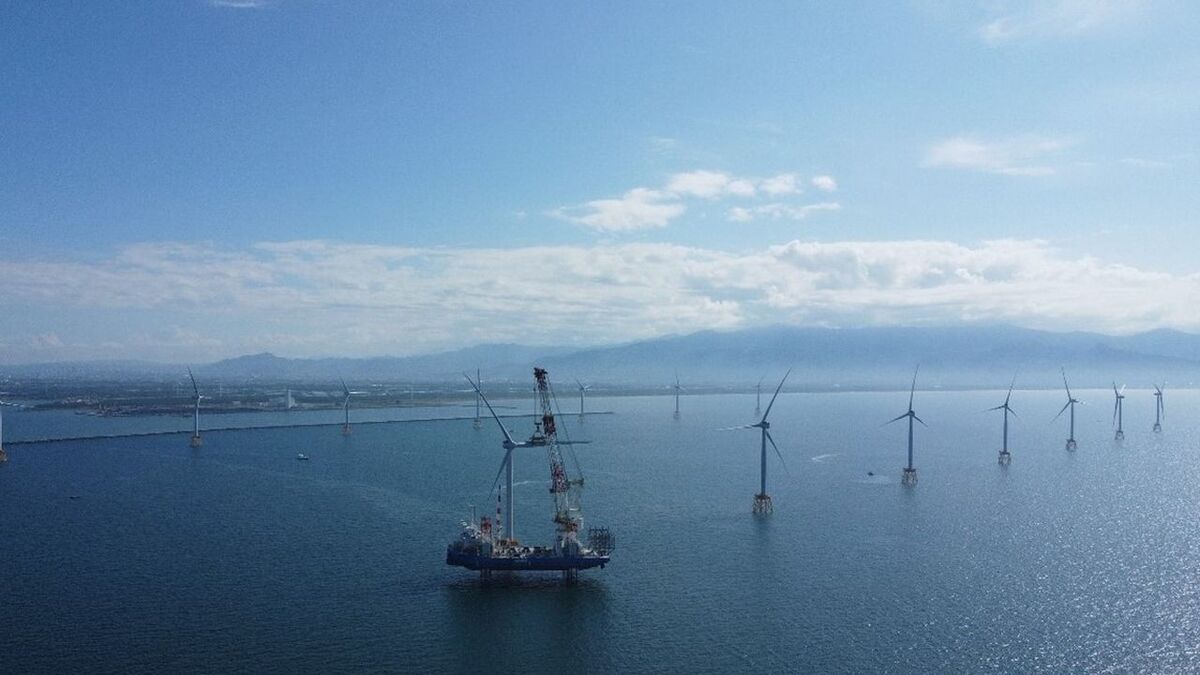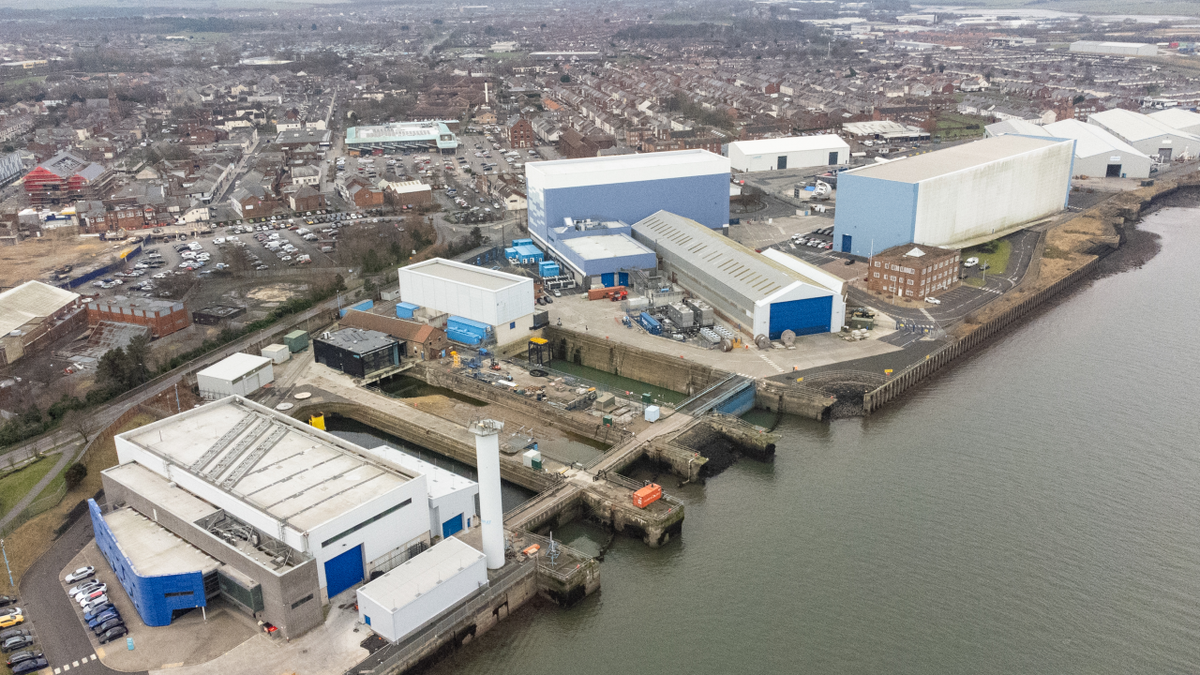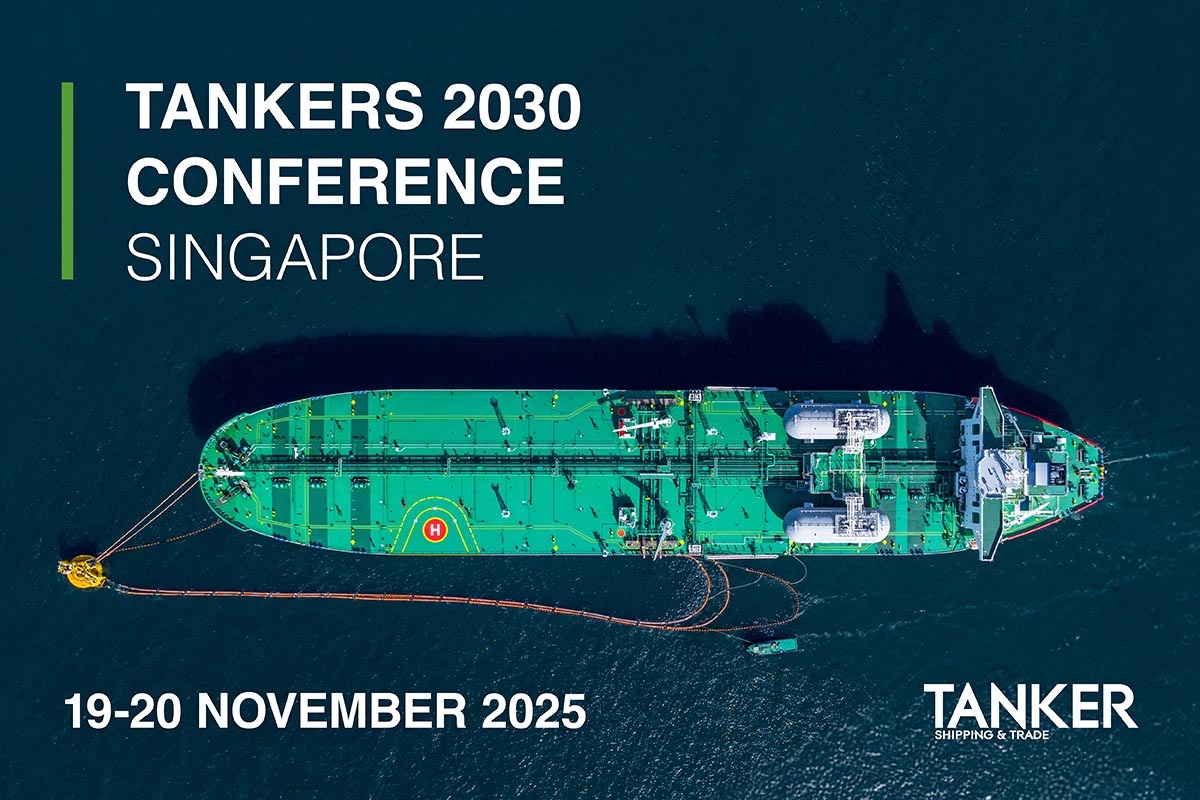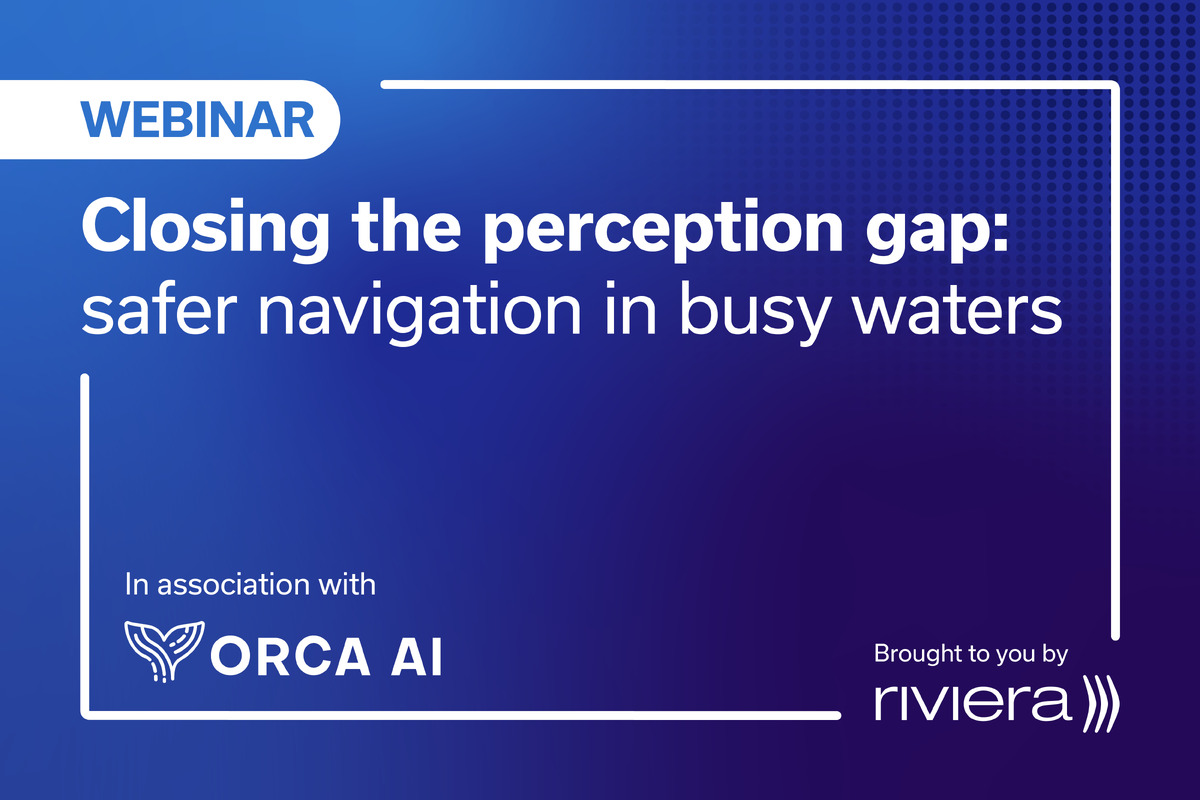Business Sectors
Contents
French offshore wind cluster raises the alarm about challenging market conditions
France Offshore Renewables, an inter-cluster body that represents regional clean energy associations, says problems are piling up in the French offshore wind sector, and has warned that without change, projects and future investment could be at risk
In a 31 October statement, France Offshore Renewables – which brings together a number of regional clusters in the country, including Normandie Maritime, Bretagne Ocean Power, Neopolia, Aquitaine Blue énergie, Wind’Occ, and SudEole – said it wanted to draw attention to what it described as “inconsistent decision-making” and the government’s failure to take decisions on matters that are of the utmost importance to the wind, wave energy and tidal energy sectors.
The statement was issued not long after the result of two auctions for offshore wind capacity were announced, results that were very different, that highlight some of the issues France Offshore Renewables wanted to draw attention to.
The AO7 and AO8 auctions for 1 GW and 1.5 GW of capacity, respectively, were launched in 2022, when conditions in the sector were very different to the way they are now. Both saw a large number of developers prequalify, but although the AO8 Centre Manche 2 auction was a success, and was awarded to a consortium of TotalEnergies and RWE, which secured the 1.5-GW site at a winning strike price of €66/MWh (US$76/MWh), the AO7 auction for the 1.0-GW Oléron 1 site failed to attract bids, not least because of challenging site fundamentals that added significant uncertainty and risk, resulting in less attractive economics. Taken together with the fact that in addition to the bid from TotalEnergies and RWE, the ‘successful’ A08 auction only received two bids, this indicates that developers have adopted a much more cautious approach towards higher risk projects.
“The recent announcement of the winner of the AO8 Centre Manche 2 project changes nothing,” says France Offshore Renewables, highlighting what it describes as “a worrying decline in the number of bidders for successive offshore wind tenders.” Numerous developers prequalified for earlier auctions and there were numerous bids for most of them, it explains, but the fact that there were only two for A08 and none for AO7 “demonstrates the loss of attractiveness of the French market,” as happened in the UK, Denmark and Germany, where auctions also recently failed.
“The failure of the Oléron 1 AO7 project, preceded by the abandonment of the Oléron 2 project in AO9, illustrates the deadly strategy of driving down the price per MWh to a level that does not enable the development of the value chain,” says the inter-cluster alliance, noting since the result of the AO8 auction was announced, the industry had received another blow, when RWE withdrew from the project, despite being the co-winner with TotalEnergies, and after five years of involvement in France, with teams established in the country and a strong commitment to participating in the French industrial sector. “More than 50 employees are affected, not counting the jobs created related to the AO8 award,” says France Offshore Renewables, noting RWE’s departure was also “detrimental to French industrial diversity.”
But out-of-date auction criteria and the unrealistic levels of financial support for projects are not the only problems the industry is facing, France Offshore Renewables believes. Poor decision-making had led to a dearth in projects off the coast of Loire and projects off the coast of Nouvelle-Aquitaine that it believes are too far from shore. This brings the economic viability of future projects – and of industrial and port facilities – on the Atlantic coast into question.
Then there are purely political problems that have arisen as a result of recent turmoil in the country, not least the dissolution of the National Assembly in June 2024, which boosted the fortunes of parties hostile to the development of renewable energy. This led to a wave of uncertainty among stakeholders in the industry, the inter-cluster alliance says, noting that what it called “their climate-damaging doctrine has continued ever since, increasing pressure on successive governments, which have still not published PPE3, France’s third Multiannual Energy Programming plan.” PPE3 will guide the country’s energy strategy to 2035 and beyond, and was expected to play a vital role in development of the offshore wind sector, with targets to increase its capacity significantly.
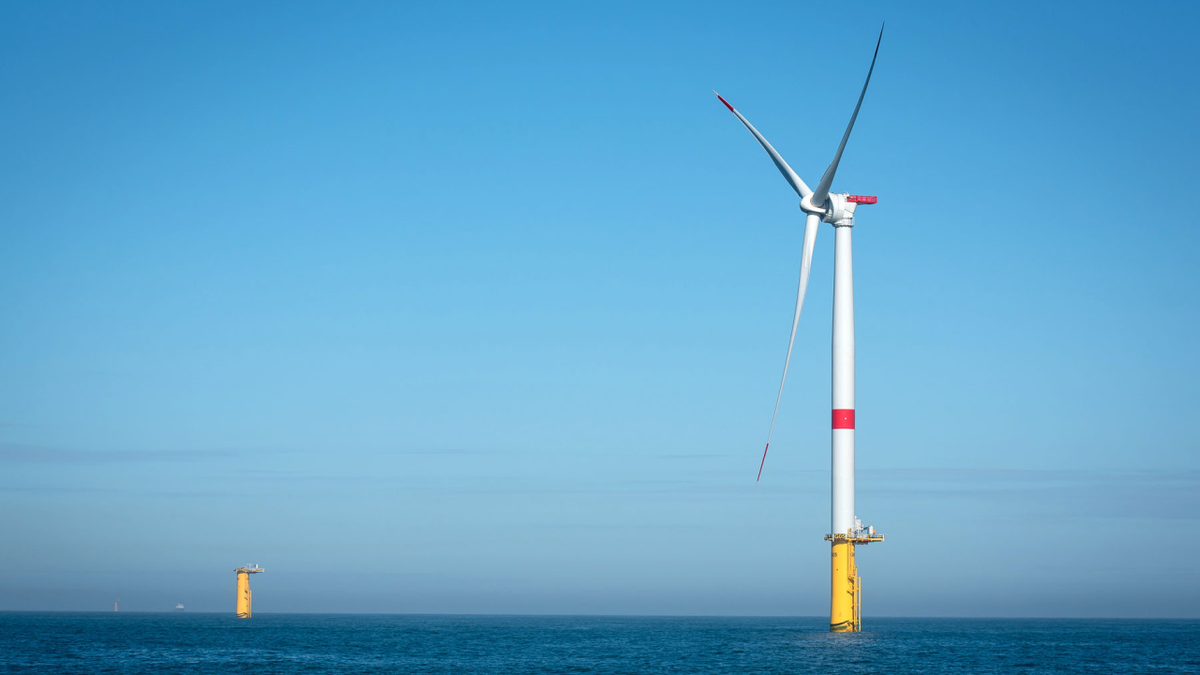
RWE’s withdrawal from the team that won the AO8 tender is not the only worrying sign that industry leaders are reconsidering their commitment to the French offshore wind sector. France Offshore Renewables says another leading developer, Iberdrola, operator of the Saint-Brieuc offshore windfarm, has indicated it will not be participating in upcoming tenders for floating windfarms, and is planning to sell its French onshore renewable assets. It also highlighted a recent announcement by Maple Power, a long-standing partner of EDF, that it is withdrawing from the Centre Manche 1 AO4 project “due to an insufficient purchase price.”
The inter-cluster alliance says there has been “a lack of response from political and industrial leaders to defend the interests of the sector in the face of job losses and attacks by the right and far right against the energy transition,” but it says it welcomes the recent stance taken by the chief executive of energy company Engie to continue its strategy of focusing on and favouring renewable energy.
“The small and medium-sized enterprises in our clusters are threatened by a downturn affecting the entire offshore wind value chain and that of marine renewable energies,” France Offshore Renewables concludes. “The failure to meet deadlines and the lack of attractiveness of auction criteria are the main causes, yet renewable energy – onshore and offshore – provide European consumers with decarbonised, competitive, sovereign energy, as well as tax revenue that cannot be outsourced to local communities.
“We denounce disinformation spread by certain elected officials and media outlets, which bear a heavy responsibility for the difficulties of Franco-European reindustrialisation and the fight against climate change. France has formidable renewable energy resources and industrial and maritime potential. We request that the Oléron 1 and 2 tenders be relaunched as soon as possible with a sufficient price cap — a level that would remain competitive with the new nuclear power, and we call on the state to publish an ambitious PPE3 for all forms of renewable energy, both onshore and marine.”
Related to this Story
Events
International Bulk Shipping Conference 2025
Tankers 2030 Conference
Maritime Navigation Innovation Webinar Week
© 2024 Riviera Maritime Media Ltd.

